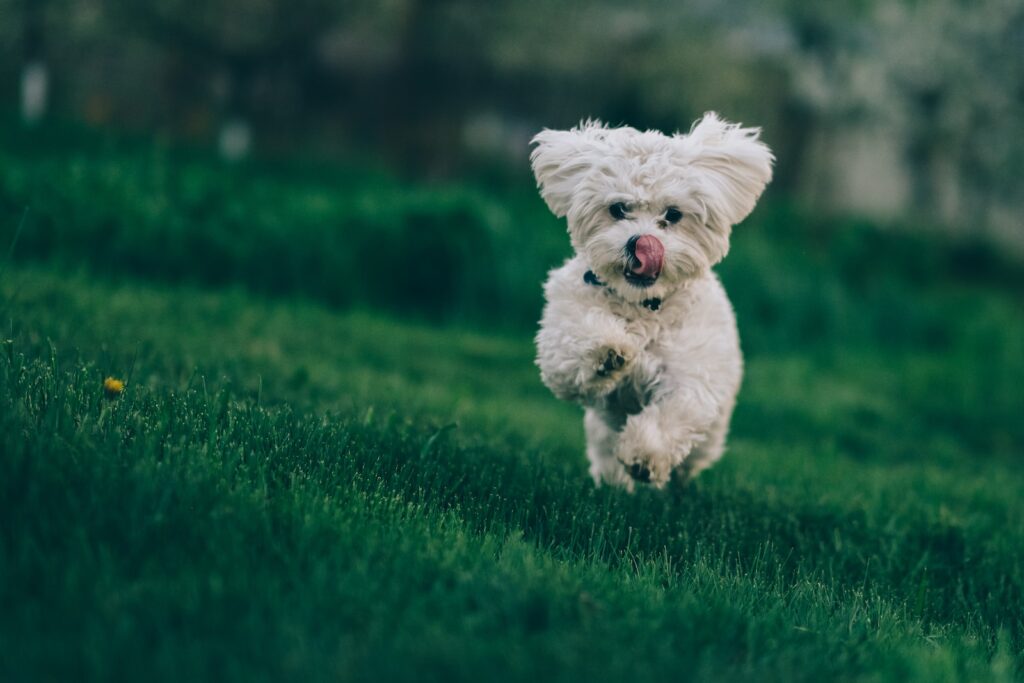Can Dogs Eat Bacon? — No, They can’t
Bacon is a delicious treat for humans, but unfortunately, it is not safe for dogs to consume. While it may be tempting to share a piece of bacon with your furry friend, it’s important to understand the potential risks involved.
Can Puppies Eat Bacon?
Just like adult dogs, puppies should not be fed bacon. In fact, puppies are even more vulnerable to the dangers associated with bacon consumption. Their delicate digestive systems are still developing, and certain ingredients in bacon can be harmful to their health.
Why is Bacon Harmful for Dogs?
Bacon contains high levels of fat, salt, and preservatives, which can have negative effects on a dog’s health. Here are a few reasons why bacon should be avoided:
Fat Content
Bacon is extremely high in fat, which can lead to pancreatitis in dogs. Pancreatitis is a condition characterized by inflammation of the pancreas and can cause symptoms such as vomiting, diarrhea, and abdominal pain. In severe cases, pancreatitis can be life-threatening for dogs.
Salt Content
Bacon is also loaded with salt, which can lead to sodium poisoning in dogs. Excessive salt intake can cause symptoms such as excessive thirst, vomiting, diarrhea, tremors, seizures, and even death. It’s important to remember that dogs have different sodium requirements than humans, and foods high in salt should be avoided.
Preservatives
Bacon often contains preservatives, such as nitrates and nitrites, which are added to enhance flavor and improve shelf life. These preservatives have been linked to an increased risk of cancer in dogs. Therefore, it’s best to steer clear of bacon and opt for healthier food options for your furry friend.
Symptoms to Watch Out For After Dogs Consume Bacon
- Vomiting: If your dog consumes bacon and starts vomiting repeatedly, it could be a sign of digestive distress.
- Diarrhea: Digestive upset and loose stools may occur after ingestion of bacon.
- Pancreatitis Symptoms: Keep an eye out for signs of pancreatitis, including abdominal pain, lack of appetite, and lethargy.
Immediate Steps to Take if Your Dog Eats Bacon
- Cease Bacon Consumption: Remove any remaining bacon and ensure that your dog cannot access it anymore.
- Monitor Your Dog: Keep a close watch on your dog’s symptoms and behavior. If they worsen or if you notice any concerning signs, contact your veterinarian immediately.
- Offer Plenty of Water: Providing fresh water can help alleviate any discomfort and aid in digestion.
Safe Alternatives to Bacon
While bacon is off the menu for dogs, there are plenty of safe and healthy alternatives that they can enjoy. Consider offering your dog these tasty options instead:
- Turkey — Lean cooked turkey can be a great source of protein for dogs without the harmful ingredients found in bacon.
- Chicken — Cooked chicken is another safe alternative that can provide essential nutrients for your dog.
- Carrots — Raw or cooked carrots make a crunchy and healthy snack for dogs.
Conclusion
In conclusion, dogs should not eat bacon due to its high fat and salt content, as well as the presence of preservatives. Feeding bacon to dogs can lead to serious health issues such as pancreatitis and sodium poisoning. It’s crucial to prioritize your dog’s well-being and opt for safer food alternatives.
Frequently Asked Questions
Can bacon cause pancreatitis in dogs?
Yes, bacon consumption can increase the risk of pancreatitis in dogs due to its high fat content.
Why is salt bad for dogs?
Excessive salt intake can lead to sodium poisoning in dogs, causing various symptoms and health complications.
Should puppies be fed bacon?
No, puppies should not be fed bacon as their developing systems are more susceptible to the harmful effects of its ingredients.
What are some safe alternatives to bacon for dogs?
Safe alternatives to bacon include lean cooked turkey, cooked chicken, and raw or cooked carrots.



